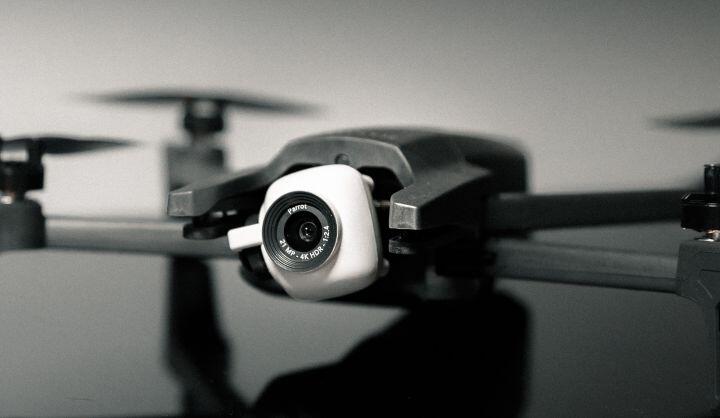- February 9, 2021
- COVID-19
The health danger posed by the pandemic has moved many people toward a digital lifestyle that encompasses how they shop, commute, learn, work, and interact with public services. It has greatly sped up the digital transformation of our cities, sharply elevating digitization on the urban agenda.
City officials are faced with the challenge of reevaluating city budgets during COVID-19, a challenge that will undoubtedly persist in the wake of the pandemic. It’s a challenge, however, that presents them with an opportunity to implement new innovative solutions and transform the way their cities work, provide public services, and interact with citizens. For example, once COVID-19 hit, Milan rapidly deployed a mobile version of the Digital Citizen Folder, a digital access point citizens could use to request municipal services, pay fees, and apply for licenses online, as well as a WhatsApp chatbot to instantly answer residents’ questions.
While solutions like these seem straightforward, others, such as smart helmets and drones used for monitoring citizens’ compliance with COVID health and safety rules, raise privacy and civil liberties concerns. Governments need to establish appropriate guidelines, transparency, and safeguards to ensure responsible use of technology.
Smart helmets and AI systems for monitoring
The United Arab Emirates equipped police with smart helmets that are able to detect people potentially infected with COVID-19 by thermal-scanning citizens gathered in public places for elevated temperatures as well as screening vehicle passengers. In Dubai, the Roads and Transport Authority (RTA) piloted a system in June using artificial intelligence (AI) in taxis to monitor if passengers and drivers are practicing physical distancing rules and deployed face recognition technology to check if they are wearing face masks properly. These clearly are techniques that infringe on traditional civil liberties and privacy.
In the United States, states and cities from Kentucky to New York City are encouraging or even requiring temperature checks in workplaces and restaurants to reduce the spread of the coronavirus. Experts say simple temperature scanners should not raise privacy concerns. Nonetheless, the use of devices equipped with facial recognition capabilities might infringe on biometric privacy laws, as a scan of face geometry is considered to use “biometric identifiers,” and gathering such information would require the explicit consent of an individual. In that respect, the use of smart helmets and thermo-cameras that gather images in public spaces would not be possible in the US nor the EU under General Data Protection Regulation. In fact, in France, the City of Lisses has been ordered by a court to remove from government buildings thermal cameras that were automatically detecting a person’s temperature while recording images.
Drones for deliveries and broadcasting
Other technology advances used by cities and countries to better organize the movement of goods and services in society or protect workers from unnecessary exposure to the virus are also raising privacy concerns.
Many cities and countries turned to using drones during the pandemic to deliver food and medical supplies, such as blood, to hospitals. For instance, in the US, North Carolina partnered with Zipline, Matternet, UPS and Flytrex to pilot three drone supply delivery projects in COVID-19 relief response. Drones also have been used by public officials in countries from China, India and Philippines, to Nigeria and Spain to disinfect public spaces.
In some cities, such as in Elizabeth, N.J., and Meriden, Conn., drones have been deployed to broadcast pre-recorded public messages, monitor people for fever in public spaces, and observe whether citizens are adhering to social distancing. As far as countries are concerned, this has particularly been the case in China, a notorious surveillance state, but also in India and Sri Lanka, among others.
However, as these solutions raise major data protection and privacy concerns, countries have started banning their usage. Thus, in a recent twist, France's privacy watchdog institution, CNIL, has disallowed drones from being used to enforce COVID-19 restrictions. Similarly, in Belgium, the minister of justice officially protested against the use of drones by police to monitor the public.
Raising privacy concerns does not mean that public officials should not use technology as a tool to facilitate pandemic response. Nevertheless, local authorities should be very much aware of the limitations and potential harms of its usage. In the short term, clearer guidelines and rules for public officials are needed that spell out how the technology can be used and what limits will be placed on it. Training also will be key so that public officials deploy such solutions without engendering fear or resentment from citizens worried about civil liberties. But first and foremost, these guidelines and training are critical so that the solutions developed will indeed respect people’s privacy and safeguard fundamental human rights and freedoms.





